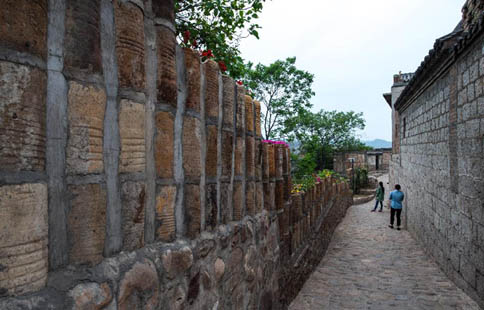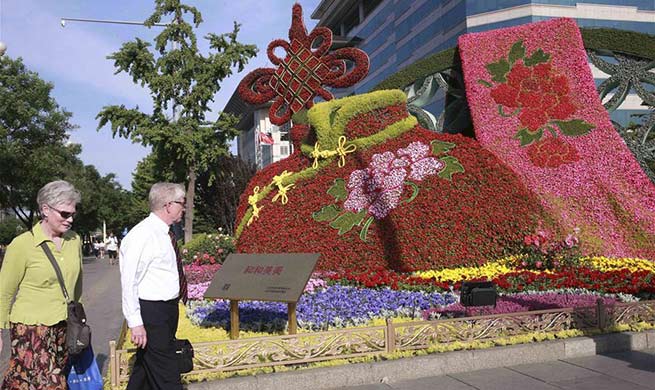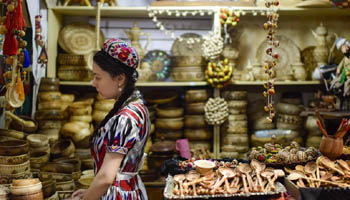ALGIERS, May 8 (Xinhua) -- The 11th ministerial conference of Libya's neighboring nations opened on Monday in Algiers, as the participants reiterated their support to inclusive inter-Libyan dialogue and national reconciliation based on the peace agreement of 2015.
Algerian Minister of Maghreb Affairs, African Union and Arab League, Abdelkader Messahel, said in his opening notes that he has drawn up 12 items that were inspired from his two tours in Libya in the last few weeks, and which could boost the political process and end the six-year civil war hitting this North African nation.
Messahel said he concluded during his multiple meetings with different Libyan parties that "they all support inclusive dialogue without foreign intervention to reach national reconciliation."
He said "the UN-sponsored peace agreement signed between Libyan protagonists in December 2015 has to be the corner stone for sustainable resolution for the Libyan crisis," adding that the proposed amendments to this agreement should be taken into consideration in a bid to facilitate the implementation of the deal.
He stressed that Libyan warrant parties are convinced that counter terrorism is a priority as terrorist groups and organized crime which get stronger amid the persistence of chaos.
Messahel has insisted on "freeing the oil and gas plants and infrastructures from the control of militias, given that natural resources are the property of all Libyans and should not be used as pressure card by any party on the expense of the other."
The meeting of Libya's neighboring nations is held to assess developments and discuss the peace process there.
The neighboring nations of Libya are Tunisia, Algeria, Niger, Chad, Sudan and Egypt.
Libyan protagonists reached a shaky peace accord following UN-sponsored talks held in the Moroccan resort of Skhirat in December 2015, in an attempt to put an end to more than six years of civil war.
A national unity government and a cabinet were established led by Prime Minister Fayez al-Seraj, whose top mission is to unite Libya's two warring parliaments to ultimately battle the terrorist group of Daesh.
Libya now has two rival parliaments, namely the internationally recognized House of Representatives in the eastern port city of Tobruk, and the General National Congress based in capital city Tripoli supported by Gen. Haftar.

















